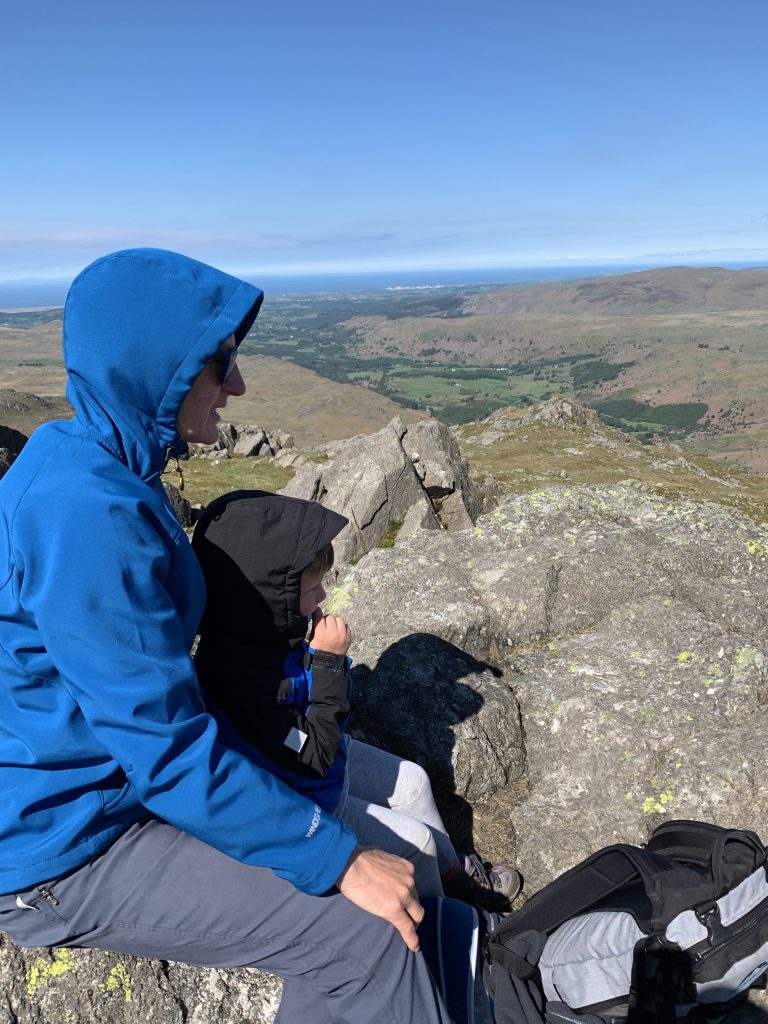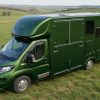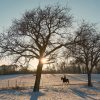
The English Lake District thrives from tourism and visitors. We all benefit from living in one of the areas in the UK with the lowest unemployment figures. Our economy is vibrant. As residents, even those of us who are not involved in the hospitality industry, directly benefit from the 19 million visitors who come here every year.
When COVID-free, we have culture to rival anywhere else in the UK, including London. The Abbott Hall is one of the best provincial art galleries. We have a giant cinema at Rheged. We have a wide range of festivals. Our theatres, including The Brewery, attract world famous acts. There are numerous workshops and retreats following in the footsteps of literary greats like Wordsworth and Ruskin. The list goes on.
We can enjoy a wide range of restaurants, pubs, cafes, specialist food shops, local wines, beers and spirits and other delicacies. These gastronomic delights are available to us all as a direct result of the number of visitors who arrive here every year.
Locals enjoy tourist attractions as much as the tourists. We love the Ratty, the boats, the wildlife parks, the bird of prey centres, the adventure playgrounds, the quad bike safaris, the digger driving experiences and the high ropes courses.
And how lucky we are to have a whole army of ticketed experts to take us climbing, canoeing, abseiling, sailing, wild swimming, mountain walking or any other outdoor activity. And we can enjoy ourselves in the outdoors in the knowledge that there are teams of 100s of volunteer members of Mountain Rescue teams, who set rescue standards the world over, to come to our aid in times of crisis.
I am sure I speak for most residents of the English Lake District when I say we welcome visitors, tourists and all the benefits that they bring with them.
And we all need escape, freedom and recovery now, more than ever.
However, and here is the ‘but’, the very essence of what draws visitors to the Lake District in the first place, is in danger of being destroyed. The splendour, beauty, drama, tranquillity and isolation of the Lake District Valleys (notably Wasdale, but also Coniston, Mardale, Ullswater, Eskdale and Newlands) is in jeopardy. As a nation, we need to ask ourselves if we are happy with this process.
As a resident of the Lake District for the best part of 60 years I can remember friends visiting from Manchester 40 years ago and wondering why our telephone boxes were grey and not red. It was obvious to us – they were grey to blend in with the landscape and to reduce visual pollution. And we were proud of this. Things change and times move on. Telephone boxes are historical artefacts now. The Lake District is a living entity and how we live here must also change and move with the times. But I worry that we are marching into a future for the Lake District, without question or debate or awareness. And that this future doesn’t look very pretty.
In the Lake District, like in all other areas of life at present we seem to have developed factions. Individual viewpoints, needs, stances and opinions often seem to be at odds with those of others. We take sides and fight it out. Meanwhile, the innocent Lake District is caught in the middle. My vision is for people to work together, to seek to understand what it is like from each other’s perspective, to listen to each other’s needs.
In addition, education is important. We all have a right to visit the Lake District and with this right comes responsibilities:
- We must take our litter home
- We must camper van, caravan and camp in official sites (unless wild camping up on the high fells above the highest in-take wall)
- We must take our poo-soiled tissues home
- We must close gates properly and not climb walls
- We must respect the quiet, honour the solitude and protect nature.
Satisfying a range of current needs, the needs of our children, and their children, and so protecting the Lake District, is not easy, but vital. The area is, after all, an international treasure. We stand, in this moment in time, as it’s only guardians.





